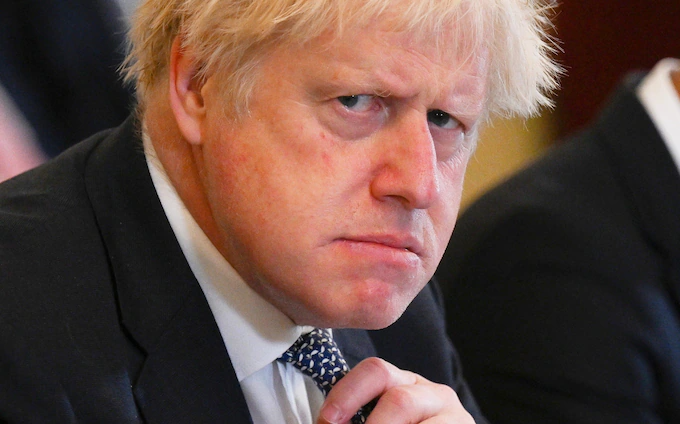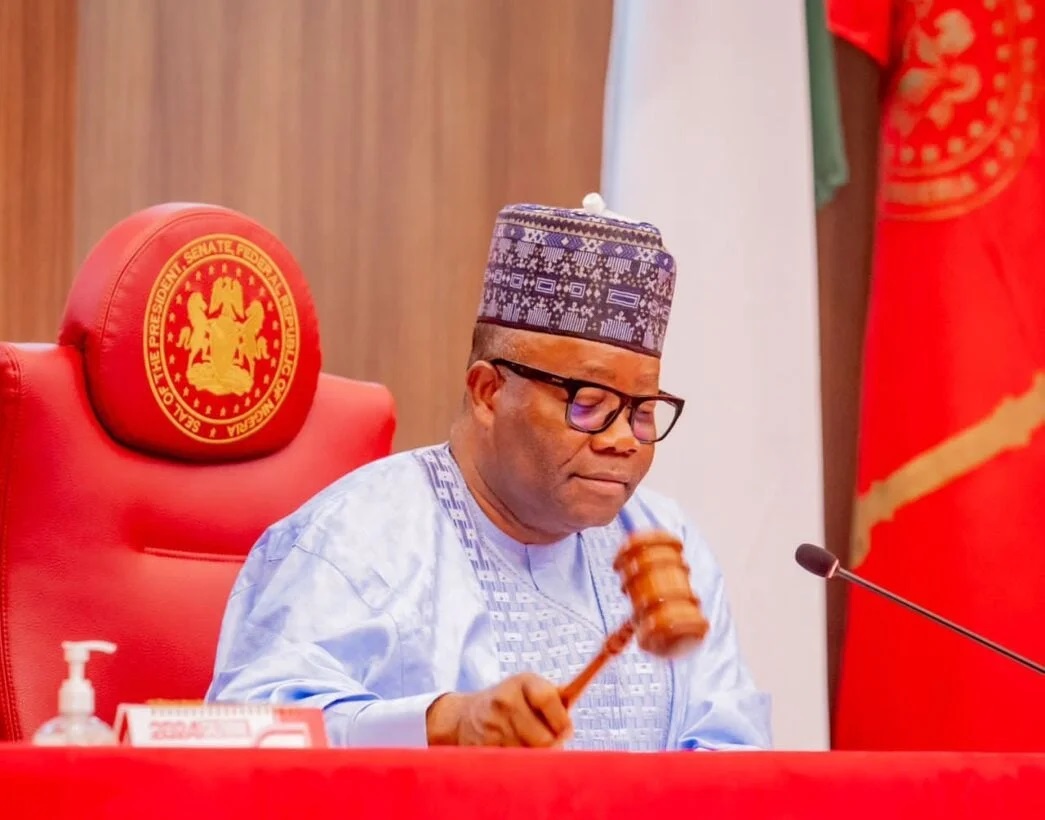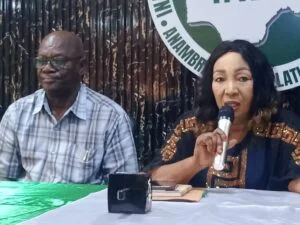The fate of Boris Johnson’s political career is currently hanging in the balance. In recent times, Johnson has found himself doing a lot of explaining to his colleagues in parliament. He has been trying to justify his actions and decisions regarding the pandemic, particularly in relation to allegations of lying to parliament and breaking COVID-19 guidelines.
This has created a spectacle of Conservative MPs scrutinizing their fellow Conservative MP, while other allies of Johnson heckle their colleagues who are asking the questions. It is reminiscent of the insurrection and civil war within the Tory party that led to Johnson’s downfall and the ensuing chaos.
The Privileges Committee is tasked with determining whether Johnson was recklessly or intentionally misleading in his statements. Proving intent is a high bar, but recklessness is more subjective and, therefore, perhaps an easier conclusion for the committee to reach and agree upon.
Johnson is desperate to avoid being branded by parliament, as either label will come with a recommended censure. The committee will meet again formally next week to begin writing up their conclusions, once they have received all the evidence. Johnson will then have two weeks to read and reply to their report before it is made public. This is expected to happen in late spring or early summer.
A suspension from the Commons of 10 sitting days or more – endorsed by all MPs – brings the potential for a by-election, and with it, the potential humiliation of defeat at the hands of the people in his west London constituency. However, there are still several steps to go before that happens.
It is interesting to note that there may be a disjuncture between the parliamentary theatre and most of the people reading this. It is likely that many people have already formed an opinion about Johnson, whether good or bad, a long time ago. Regardless, the fate of Johnson’s political career is uncertain, and it remains to be seen what the Privileges Committee’s report will conclude.





